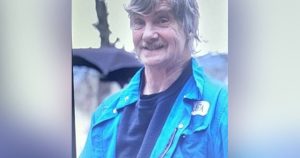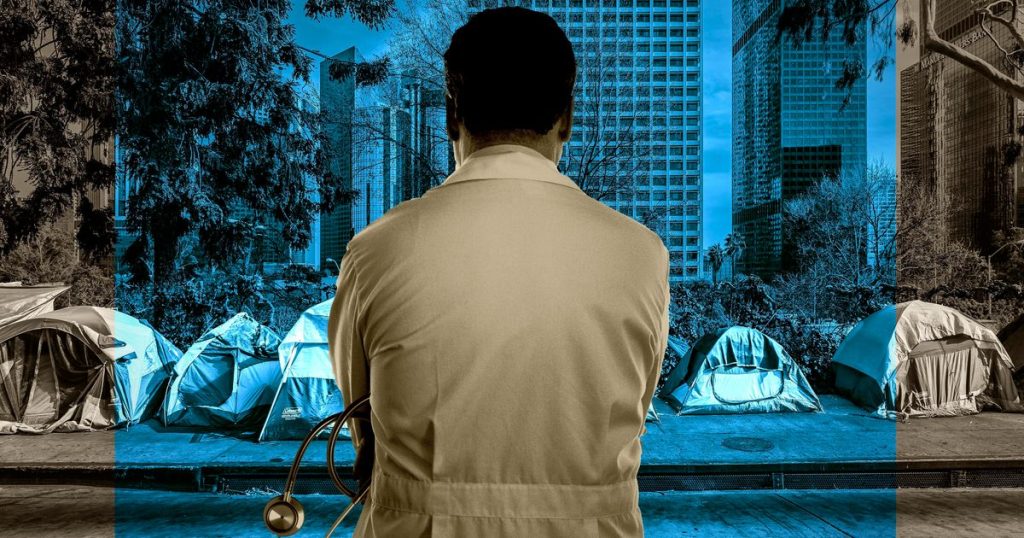Jacob, a young homeless man with hearing loss, shared his struggles with a physician at a free clinic organized at his shelter. His severe hearing loss had previously impacted his ability to secure a job, leading to feelings of depression and hopelessness. This highlights a common issue faced by many homeless individuals who also have health issues that prevent them from improving their circumstances. Unfortunately, access to healthcare for the homeless population in the U.S. remains limited due to societal neglect and systemic barriers related to technology, transportation, and cost.
In an effort to address this disparity, the Center for the Underserved at Rush ENT (CURE) initiative was founded in 2022 with a mission to improve access to compassionate and high-quality care in Chicago’s West Side community. The program includes a free weekly ENT clinic where homeless and migrant individuals can receive diagnosis and treatment. They also provide ride-sharing services to transport patients to and from the clinic and offer a free meal to all patients. The clinic is staffed by volunteer physicians, nurses, and medical students who are dedicated to providing care to those who would otherwise be deprived of it.
One troubling aspect that has been observed is the neglect of certain patient demographics, such as migrants. To address this need, the CURE initiative began offering care to the migrant community as well, ensuring that barriers to access are minimized. With over 12,000 migrants in Chicago facing issues related to access to care and financial constraints, it is crucial that healthcare providers prioritize developing solutions for homeless and migrant individuals. By acknowledging the factors preventing these populations from accessing care, steps can be taken to bridge the gap and ensure equitable access to healthcare for all.
Many homeless and migrant individuals lack consistent access to healthcare, often only visiting emergency rooms when in need of medical attention. This places a significant financial burden on the healthcare system and fails to provide preventive care to individuals at risk. By investing in preventive care measures delivered through unique models like CURE’s, the burden on emergency services can be reduced, benefiting not only at-risk populations but everyone in the community. The success of the CURE model in providing care to vulnerable populations serves as a blueprint that could be adopted by health care systems in other American cities.
Through the CURE initiative, hundreds of patients have received care, with success stories like Jacob’s highlighting the impact of equitable access to care. Jacob was fitted with hearing aids by audiology colleagues, which helped him secure a job and regain hope for the future. These transformative solutions and creative approaches to healthcare are essential if we hope to provide high-quality care to everyone in need. By demonstrating the positive outcomes that can result from equitable and compassionate care, the potential for change within the healthcare system becomes evident.















